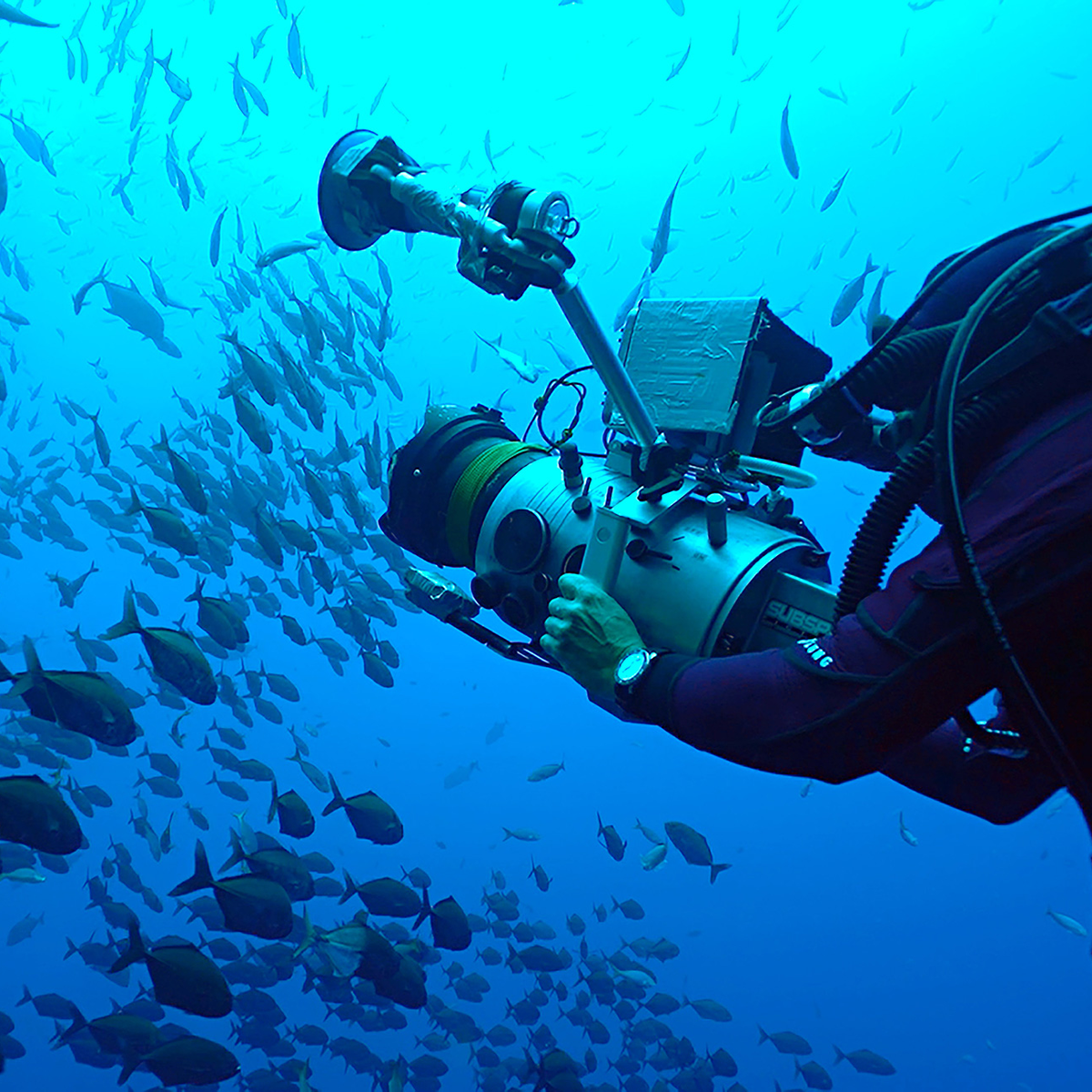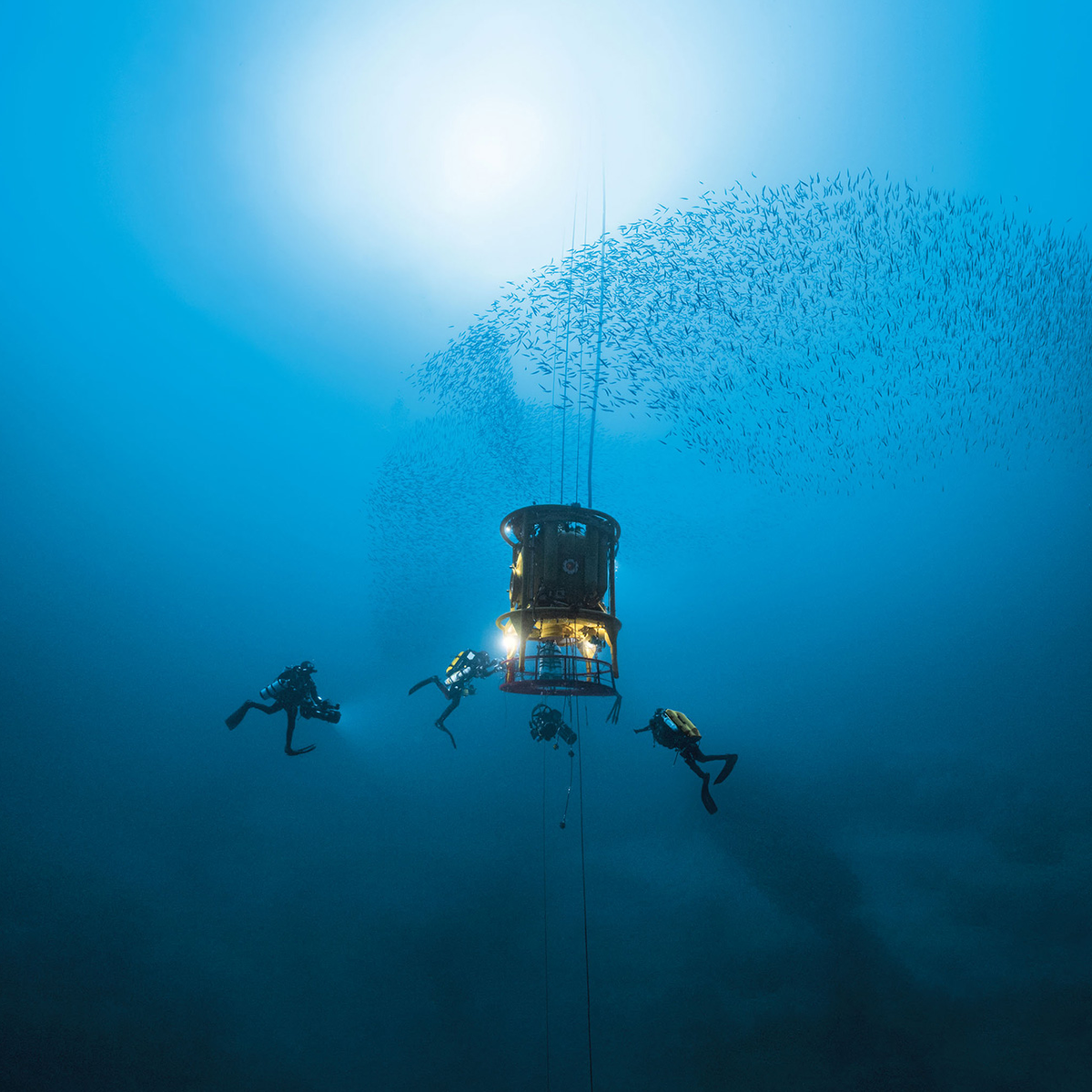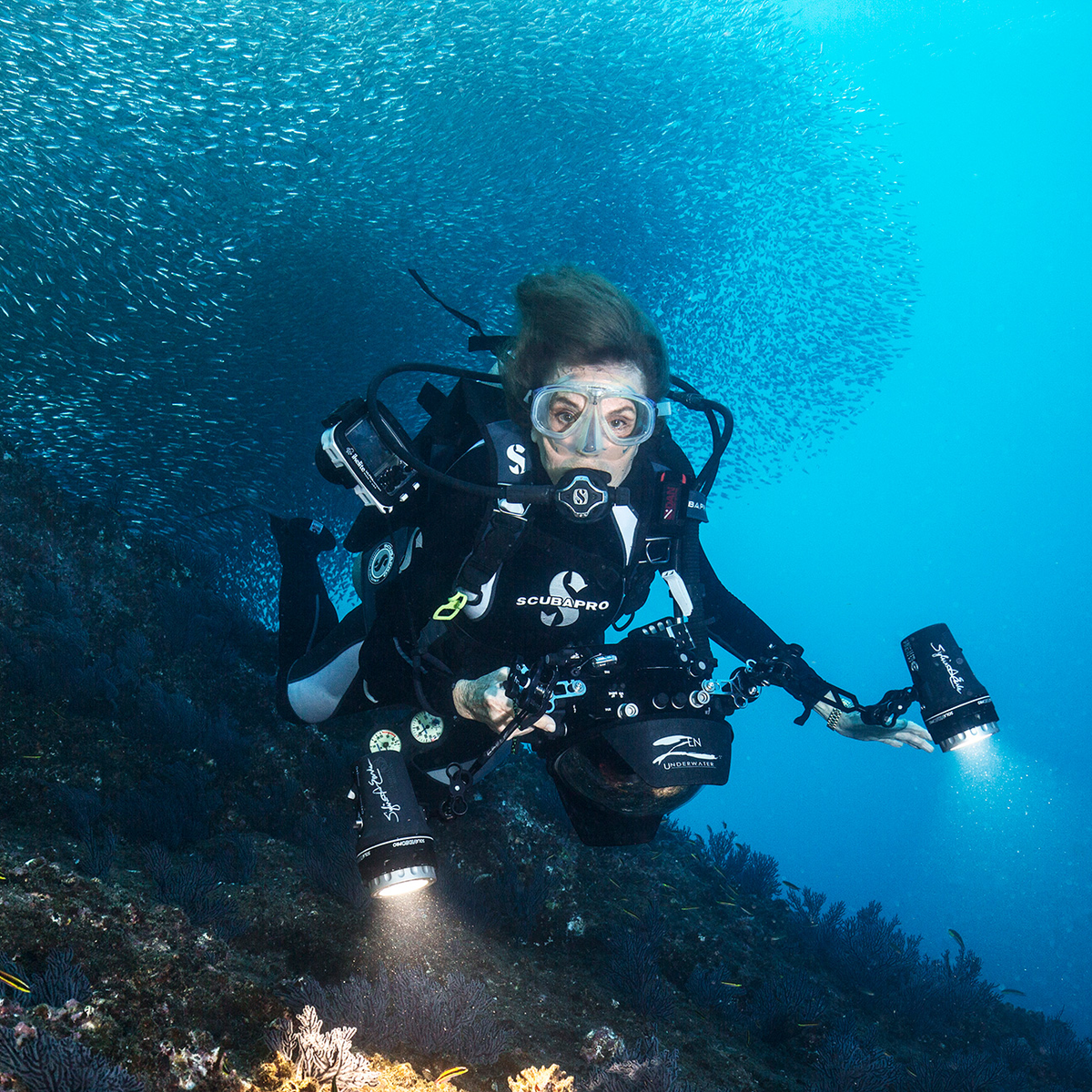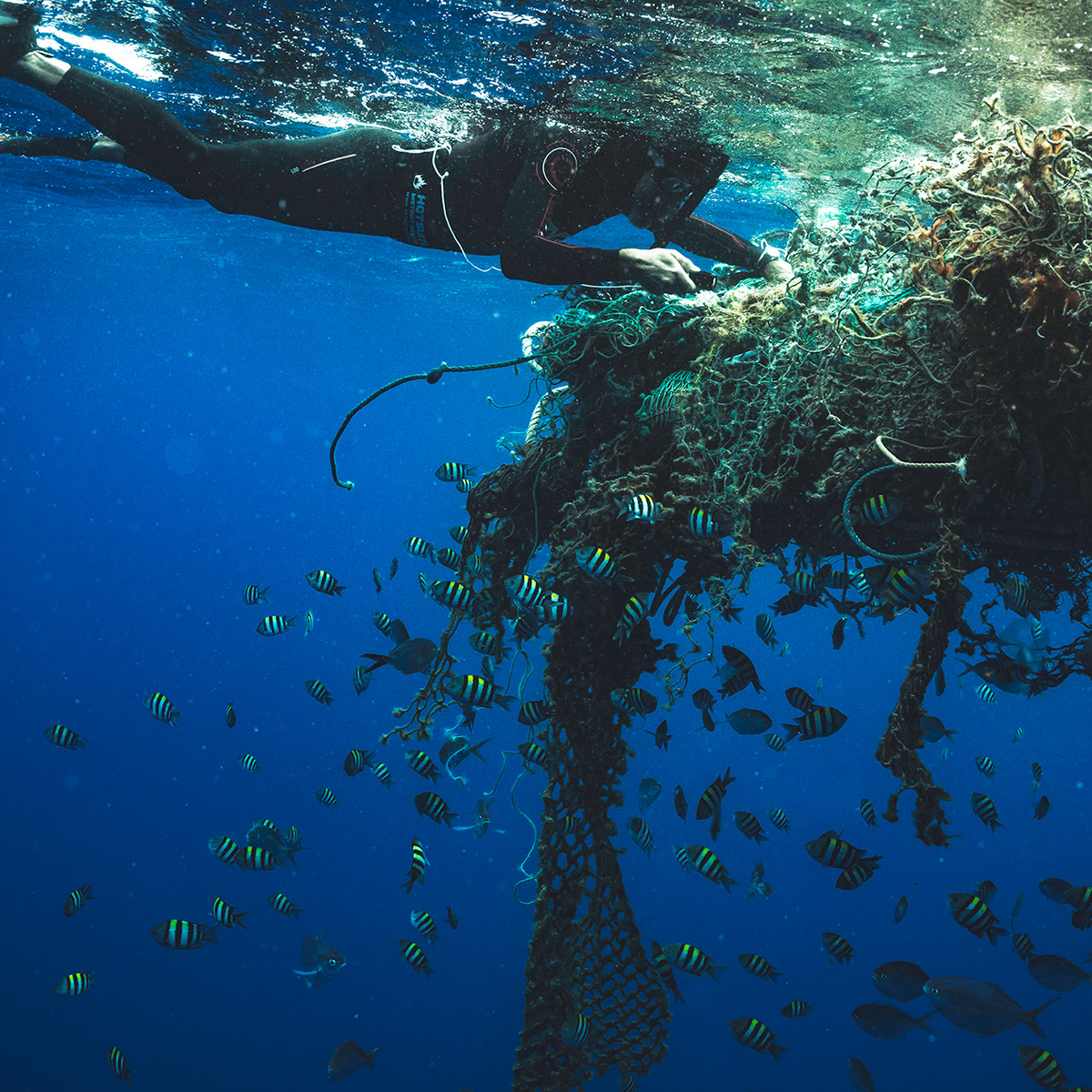Why we need to save the ocean. Why we need to save the ocean. Why we need to save the ocean. Why we need to save the ocean. Why we need to save the ocean
Why we need to save the ocean. Why we need to save the ocean. Why we need to save the ocean. Why we need to save the ocean
24 November 2022
Why we need to save the ocean
Forum, Sustainability
A primer on the imminent demise of the Earth’s lifegiving force.
It seems like every day we hear about a new scientific expedition to some remote and exotic part of the ocean, the purpose of which is to conduct research, take photos and generally spread the word about climate change. It may seem like the ocean has become a new frontier for all manner of thrill-seekers and adventurers, but it’s all good. The truth is, we need as much research about the ocean as we can get. Our survival depends on it.
To quote Canadian marine biologist Paul V. R. Snelgrove – and it’s a quote repeated often by climate change activists throughout the world – ”We know more about the surface of the Moon and Mars than we do about the deep sea floor.” Why should we know more? The simple reason is that without the ocean, we die, and the more we know about what we’re dealing with, the better. If we know, for example, the locations of habitats with the largest diversity of species, we can target those areas for conservation. Likewise, areas with high populations of threatened species can be pinpointed and protected, including migration corridors and spawning grounds. This is important because the more species we can keep alive, the greater the ocean’s biodiversity, and the greater chance humans have to stay alive. Biodiversity simply means that everything is connected. As more species die, entire surrounding habitats die, along with all the species that live there. Pull one piece out and everything else crumbles.
About 12 million tons of plastic end up in the ocean each year or a truckload of trash every minute.
The plug in the toaster
Marine life produces between 70% and 90% (depending on who you talk to) of our oxygen. It also keeps us from burning up. The ocean acts as a giant planetary air conditioner. According to Pete Ogden, vice-president for climate and the environment for the United Nations Foundation, a charitable body that supports the UN: “A lot of people don’t realize this, but the oceans are just as important as the atmosphere in terms of climate change. They absorb about 30% of the carbon dioxide that we put into the atmosphere and about 90% of the excess heat that’s trapped by those gases. The oceans are the reason we’re not experiencing more or worse climate impacts than we already are.” In other words, without the ocean, we’d be toast. Literally.
Up until now, we’ve been doing everything wrong. Overfishing, industrial pollution, carbon emissions, plastics – they’re all killing our ocean. According to Greenpeace, about 12 million metric tons of plastic—everything from plastic bottles and bags to microbeads—end up in the ocean each year. That’s a truckload of trash every minute. Traveling on ocean currents, this plastic is now turning up in every corner of the planet, from Florida to uninhabited Pacific islands, from the deepest part of the ocean to inside the Arctic ice.
A Netflix documentary called “Mission Blue”, about biologist and activist Sylvia Earle and her foundation of the same name, follows her on a deep dive in the middle of the ocean, where she finds trash, including a plastic lawn chair perched on the ocean floor. “I have yet to take a dive, including the deepest dive I’ve made, and not seen tangible evidence of our presence,” she says. “To see trash, junk on the bottom of the ocean, two and a half miles down… things collect there and just continue to gather.” The effects on ocean life are devastating. Plastic pieces of all sizes choke and clog the stomachs of creatures who mistake it for food, from tiny zooplankton to whales. Plastic is now entering every level of the ocean food chain and is even ending up in the seafood on our plates. If overfishing doesn’t drive our fish to extinction, pollution will. When asked in a recent interview for The New Yorker if she eats fish, Earle quipped, “Does Jane Goodall eat chimpanzees?”
30% of the ocean to be protected
So, if it seems like there are hundreds of people out there peeking into the ocean, it’s because there are. More and more people are growing concerned, and working in whatever ways they can to help save it, from conservation efforts to communications campaigns. Sylvia Earle has been on the case since the 1950s, diving, researching, gather samples. She founded Mission Blue in 2009, a non-profit that funds and operates conservation initiatives around the world. The goal of Mission Blue is to earmark vulnerable, key areas of the oceans and label them as Hope Spots (the opposite of “dead zones”): areas that can be protected by communities and governments to shield marine life that is at risk from human pressures. Over the past five years, the number of Mission Blue Hope Spots has increased from 50 to 112. Earle aims to protect 30% of the world’s oceans by 2030. Currently, 8% is protected, covering an estimated 57,577,267 square kilometers.
The Nature Conservancy is doing something similar, by purchasing large tracts of land and sea with the purpose of converting them into protected areas. And there are a handful of conservationists around the world doing the same type of work on a smaller scale but whose work adds up. One example is cited in a recent article in Time magazine: Spanish-American marine ecologist and conservationist Enric Sala has spent more than a decade surveying and documenting the ocean as a National Geographic explorer. Through his Pristine Seas project, he has rallied governments to earmark 5.7 million sq km of coastline and ocean as marine parks, where fishing, dumping, mining and other destructive industries are prohibited. As a result, he says that over a short timeframe he has seen depleted fish populations grow sixfold, kelp flourish and coral reefs bloom. Given the chance, he says, the ocean has an extraordinary ability to regenerate.
Reasons to hope
The ocean was a hot topic of the United Nations Climate Change Conference in November; the 27th Conference of the Parties since the first meeting was held in Berlin in 1995. This COP27 happened in Egypt, where delegates grappled with the sad fact that the world is not on target to meet the goal of limiting global warming to 1.5°C by the end of the century – a target set out in the 2015 Paris Agreement. A Reuters article about the conference in November cites research indicating that the world’s CO₂ emissions are in fact expected to rise by 1% in 2022, driven partly by higher oil use in transport, particularly aviation, and because emissions from burning coal have increased – since Russia started restricting natural gas supplies to Europe after its invasion of Ukraine, sending global gas prices soaring. Even holding emissions at 1.5°C above preindustrial levels doesn’t save us. Coral reefs are disappearing at an alarming rate and could be gone altogether very soon unless emissions come down.
Apparently, we still have a chance to save ourselves. “If we can continue to preserve areas of the ocean, there is cause for hope,” says Earle, who also points out that, we really have no choice: “If you saw a child falling out of a tenth-story window, and you had the ability to reach out and catch him, you’d do everything you can to position yourself to do that. You want to save that child.” Or at least we should want to, if we want to save ourselves, but the political will may not be there yet. We would need to drastically cut industrial production, curtail overfishing, ban plastics, fund more conservation projects, police the high seas… and conduct more research. Earle is not the only one who sees cause for hope. Environmentalists around the world are gaining ground and influence, and a younger generation is holding its leaders to account. Pete Ogden of the UN Foundation says: “If you look at where we were, where the technology costs are, where the political will is — there are pockets of activity that make me optimistic and totally convinced that this is a fight we can win.”
Climate change harms your health - UN Foundation
- Nine out of 10 people worldwide breathe unhealthy air caused by the burning of fossil fuels like oil, coal, and natural gas. Air pollution kills 13 people every minute. Causes of death include conditions like lung cancer, heart disease and stroke.
- Plastic waste is everywhere, from the depths of the ocean to the highest mountain peaks. Tiny plastic particles known as microplastics have contaminated our food chains and entered our bloodstreams. The health ramifications are only just beginning to be understood.
- As climate change increases the frequency and ferocity of extreme weather events like drought, it will have a heavy impact on global agriculture and food production. The result: rising rates of food insecurity and malnutrition.
- Climate change is compromising access to safe, clean drinking water, whether from drought-induced scarcity, contamination caused by severe storms and floods, or from rising seas making freshwater sources salty. Some two-billion people currently lack access to safe drinking water. Nearly a million people die from diarrhea diseases every year due to polluted water and poor sanitation.
- Tobacco kills more than eight-million people every year, and not just from smoking. Some 600 million trees are chopped down every year to produce six trillion cigarettes. The destruction of natural habitats and loss of biodiversity are known to increase disease, spread between animals and humans.
- As temperatures rise, mosquitoes are spreading diseases farther than ever before. If climate change continues unabated, an additional 4.7 billion people could be at risk of mosquito-borne diseases like malaria and dengue fever by 2070.
- Climate change has an impact on our mental health: The IPCC (Intergovernmental Panel on Climate Change) says the trauma of extreme climate events is affecting the mental health of people around the world. As weather



